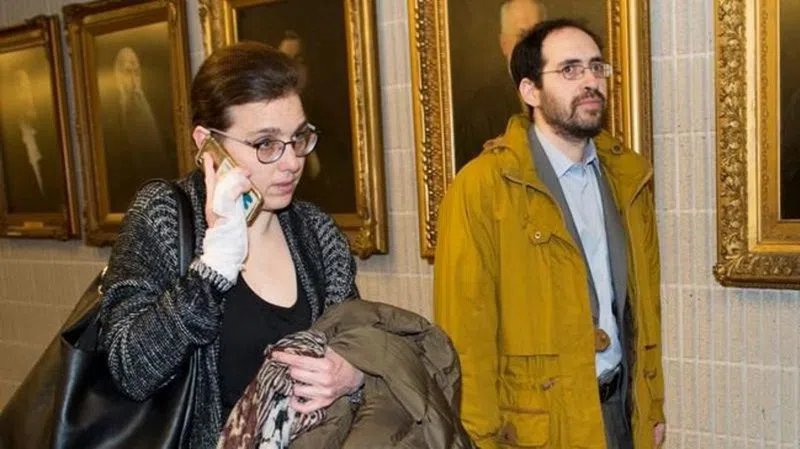
Quebec knew about illegal Hasidic religious schools for decades, trial hears
MONTREAL — The Quebec government knew for decades that children in a Hasidic Jewish community north of Montreal were not receiving a legal secular education, a witness said Monday at a trial centring on a couple’s claim they were deprived of a proper education.
Maryse Malenfant, who oversaw private education conformity for the Quebec education ministry, confirmed that she became aware in 2005 that none of the boys attending religious schools in the ultra-orthodox Tash community in Boisbriand, Que., were being schooled according to provincial norms.
She said the situation had existed for several years, but legislation in place at the time gave the province limited powers to investigate. For example, inspectors could not act without knowing the school’s exact address, she said.
Superior Court Justice Martin Castonguay asked Malenfant whether the ministry was aware “that there were children not in school” between 2002 and 2005. “We knew there were children not being sent to school, but we didn’t know where they were,” she replied.


